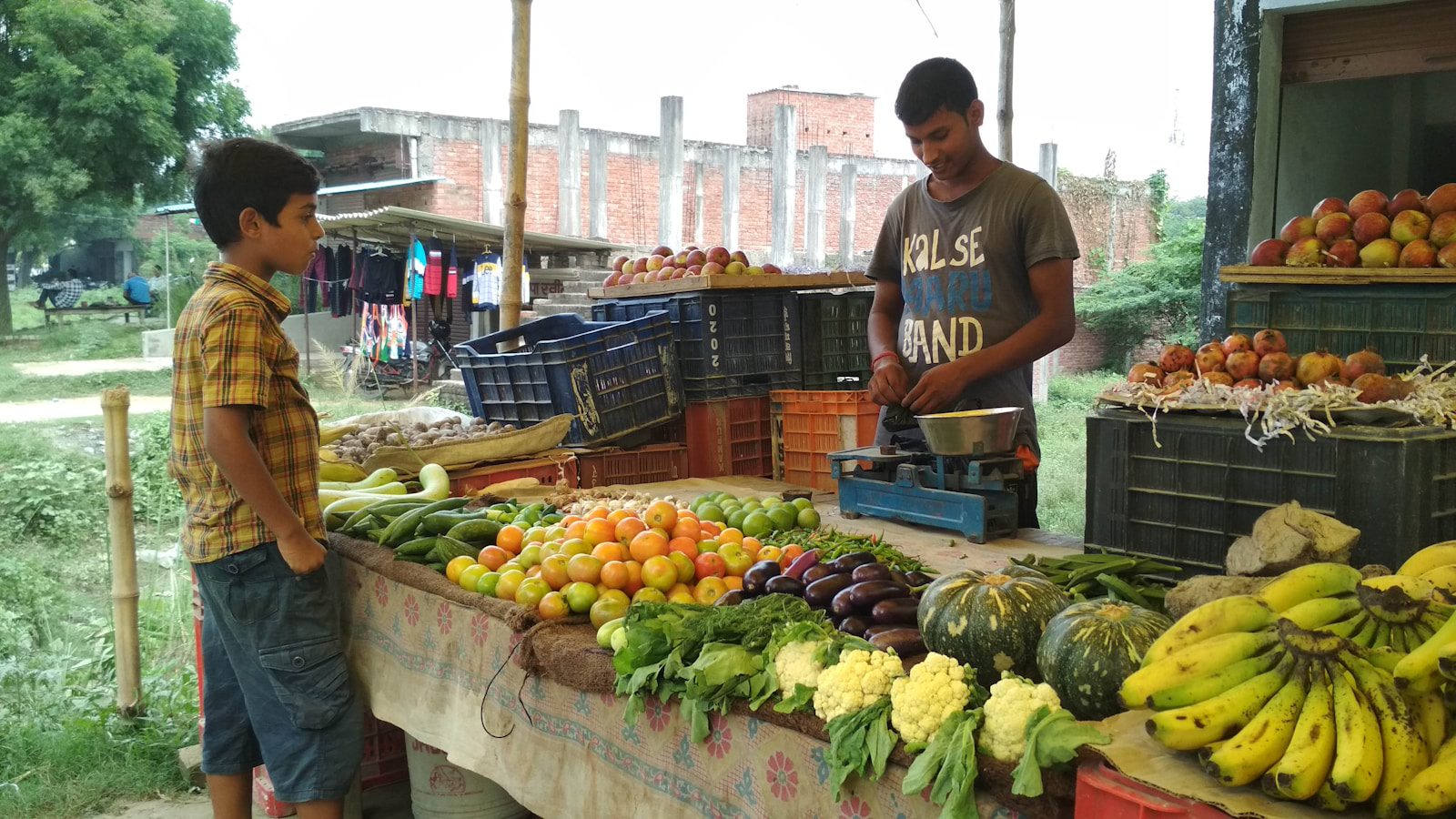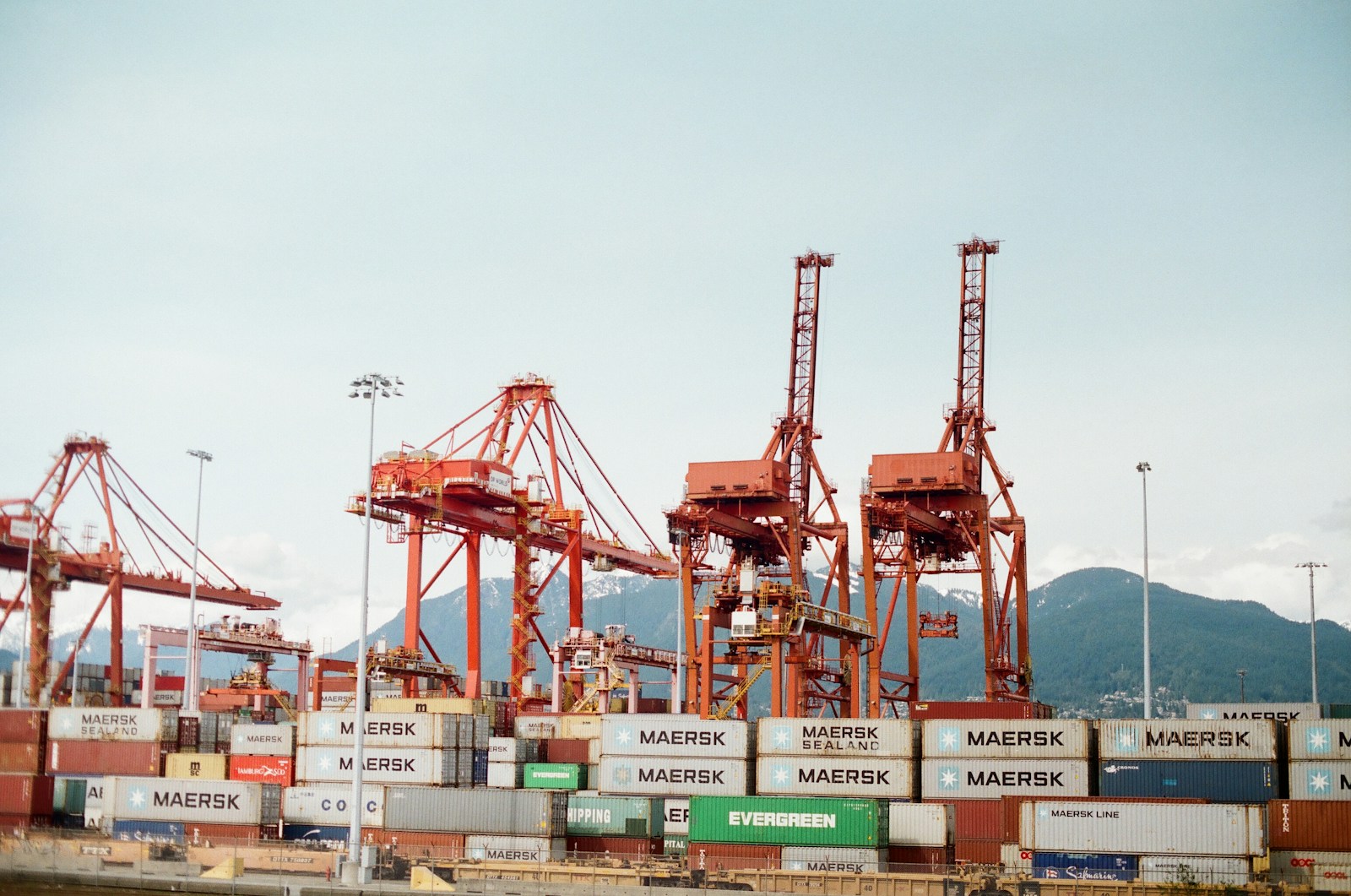Ramaphosa Holds Trade Talks as US Tariff Deadline Deferred by Seven Days
Ramaphosa Holds Trade Talks as US Tariff Deadline Deferred by Seven Days
South African President Cyril Ramaphosa has confirmed that bilateral trade discussions with the United States are actively underway, following Washington’s announcement of a sweeping 30% tariff on imports from South Africa. The effective date for the tariffs has been postponed by one week, providing Pretoria with a critical window to engage on negotiations.
US Postpones Tariff Start Date
The U.S. Executive Order, issued in early August 2025, announced a 30% reciprocal tariff targeting South African exports. However, the implementation has been delayed: rather than coming into force on August 1, it will now begin at 12:01 EDT on August 7 — giving South Africa a seven‑day pause to intensify dialogue.
Ramaphosa Rejects US Trade Claims
Ramaphosa has criticized the U.S. rationale for the tariff, deeming it a unilateral interpretation of flawed trade balance data. According to South African analysis, the average tariff on imports into South Africa is just 7.6%, with 56% of products entering duty‑free under the most‑favoured‑nation status—and 77% of U.S. goods entering South Africa are tariff‑exempt.
Negotiations Continue Based on Draft Framework
Pretoria has tabled a comprehensive Framework Deal to Washington—submitted on 20 May 2025—seeking to resolve core issues cited by the U.S., including alleged trade surplus distortions, non‑reciprocity, and unfair barriers. South Africa’s negotiating team remains ready to advance talks when an official invitation arrives.
Most recently, exchanges occurred at the sidelines of the U.S.–Africa Summit in Luanda on 23 June 2025, where Pretoria learned Washington had developed a new trade engagement template for sub‑Saharan African nations—a framework that South Africa has yet to receive.
Support Package for Exporters in Development
Anticipating significant fallout, particularly in automotive, steel, aluminium, agro‑processing, and citrus sectors, the South African government is finalizing a support package aimed at cushioning vulnerable companies, producers, and workers. The Department of Trade, Industry and Competition (dtic) has also launched an “Export Support Desk” to guide exporters and explore alternative markets.
The support measures are designed in two tracks: sectoral interventions tailored to hard‑hit industries, and broader trade diversification programmes to reduce over‑reliance on the U.S. market.
Risk Assessment: Jobs at Stake
Economic analysts estimate that if the tariffs take effect without mitigation, up to 100,000 jobs could be lost—especially in auto and agriculture industries. The central bank and trade groups warn of a “socio‑economic crisis in the making.”
Strategic Diversification Urged
The President has called for accelerated diversification efforts among South African exporters and government negotiators. He emphasized forging new trade relationships across Asia, Europe, Africa, and the Middle East to build resilience against protectionist shocks. Regular trade missions are being dispatched abroad to broaden market access.
Broader Trade and Diplomatic Context
This development unfolds amid mounting political tensions between Pretoria and Washington, related to South Africa’s domestic land reform policies, affirmative action laws, and its position at the World Court regarding Israel. The U.S. has previously suspended aid and criticized Pretoria’s internal governance decisions—a backdrop that has complicated trade diplomacy.
Looking Ahead: What to Expect
- Negotiation Focus: South Africa will press for exemptions or modifications to avoid the tariff entirely.
- Policy Support: Exporters may receive financial relief, advisory services, and assistance entering new markets.
- Market Expansion: Diversification strategies will target emerging regions beyond the U.S.
- Monitoring Developments: Johannesburg financial markets and industrial sectors will closely watch any shifts in U.S. trade posture.
Conclusion
With the U.S. deferring its 30% tariff by seven days following its August 1 announcement, South Africa has gained critical time to engage in high-stakes trade talks with Washington. President Ramaphosa has dismissed the tariff rationale as misinformed, and is pursuing a Framework Deal that addresses the core trade disputes. Meanwhile, Pretoria is moving swiftly to craft support mechanisms for its most vulnerable industries while urging exporters to diversify and build greater global resilience. The outcome of the negotiations over the next week may determine whether South Africa preserves vital links to its second-largest trading partner or faces significant economic disruption.
For more news: https://africatrademonitor.com/
External Links: https://www.bbc.com/news/articles/cr74v1dzzxdo




